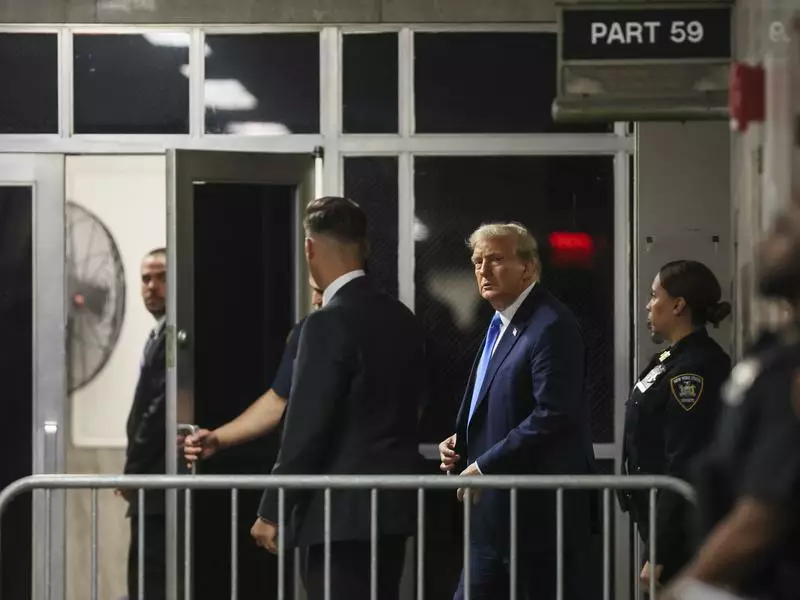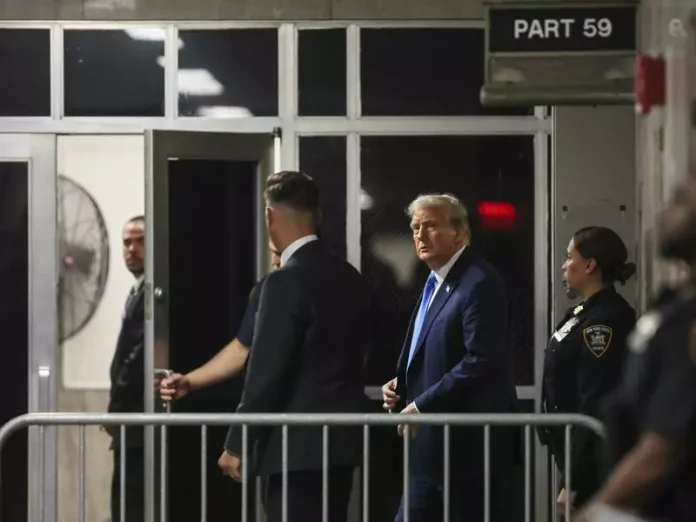
Manhattan prosecutors have made it clear they will oppose President-elect Donald Trump’s request to dismiss his New York criminal conviction following his election victory.
In a recent letter, Manhattan District Attorney Alvin Bragg stated that while he would not block a delay in Trump’s hush money sentencing next week to allow the judge more time to consider whether to dismiss the case, he firmly opposed the request. However, Bragg suggested other “non-dismissal options,” such as halting proceedings until after Trump’s departure from office in 2029.
“The People deeply respect the Office of the President, acknowledge the responsibilities of the presidency, and recognize that the inauguration of Defendant will present unprecedented legal questions,” Bragg wrote. “We also deeply respect the fundamental role of the jury in our constitutional system.”
Trump’s legal team hailed the move as a victory.
“This is a total and definitive victory for President Trump and the American people who elected him in a landslide. The Manhattan DA has conceded that this Witch Hunt cannot continue,” said Steven Cheung, Trump’s campaign spokesperson and incoming White House communications director.
Judge Juan Merchan, who is overseeing the case, must now decide whether to delay the sentencing scheduled for Nov. 26, dismiss Trump’s conviction, or proceed despite his election win.
In May, Trump was convicted on 34 counts of falsifying business records related to a hush money payment made to adult film actress Stormy Daniels to cover up an alleged affair ahead of the 2016 election, a claim he denies. Prosecutors argued the payments were part of an illegal scheme to influence the election outcome.
Trump became the first former president to be convicted of a felony. The charges carry potential prison time, though many first-time offenders convicted of similar charges receive a lesser sentence.
If Trump returns to the White House, he would be the first person to hold the office with a criminal conviction if the ruling stands.
Merchan has not yet decided whether the verdict can withstand a possible challenge based on presidential immunity, and at Trump’s request, he postponed his ruling and sentencing until after the election.

 Mzansi xxx
Mzansi xxx
